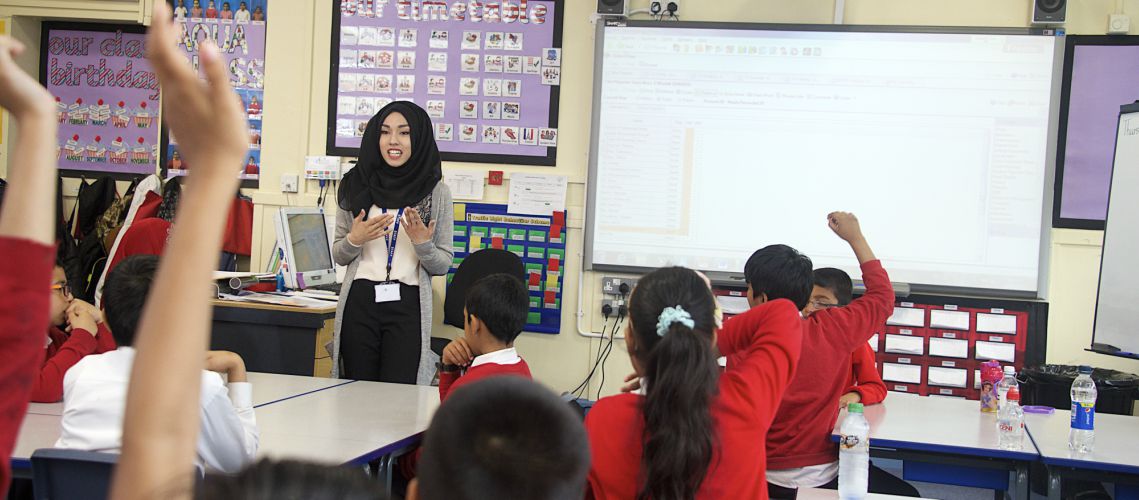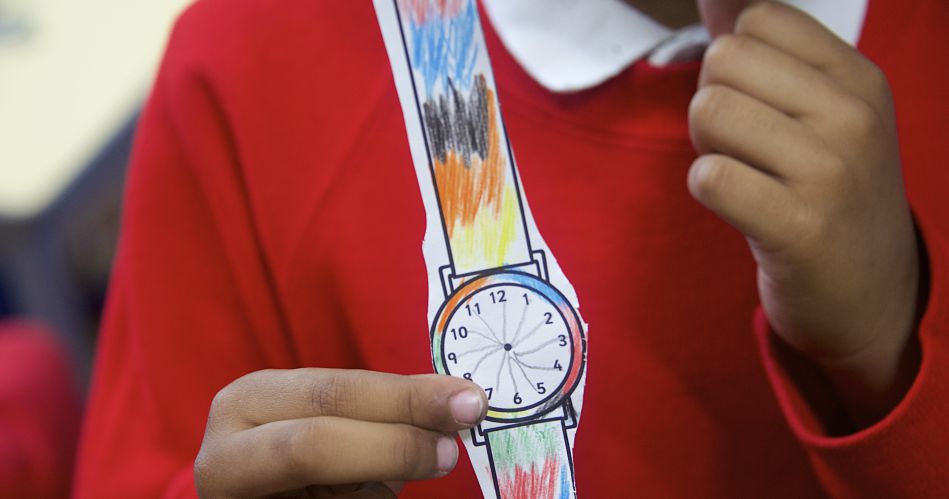Teaching in high-poverty areas
Education is often seen as the way out of poverty, but evidence shows that students from poorer backgrounds underachieve - suggesting that poverty, and how we understand it, impacts heavily on educational opportunities and success in the current educational system.

Dr Carl Emery, Research Fellow at the Manchester Institute of Education (MIE), is working in partnership with Stockport Local Authority, Blackburn Education Diocese, Chester Education Diocese and the National Education Union on an important project to better understand how we can tackle the wider implications of poverty and the associated barriers to education.
According to Carl, one of the main barriers is widespread and institutionalised assumptions.
"The national curriculum is very driven by various presuppositions, and expectations that children have knowledge of, and access to, certain middle-class attributes that many children in poverty don't," he explains.
"There's an assumption that they have access to the Internet, to space, and to resources at home."
He also identifies stereotyping and positioning as important drivers of educational inequality.
"One of the things we've identified is that children can tell you who is poor within five minutes because they have a particular frame that they view things through – it's what bag, shoes and coat they have," he adds.
"Similarly, we know very little about teachers’ attitudes towards poverty but research indicates that teachers, like any other adult, can hold negative attitudes that shape how they engage with and understand children living in poverty."
This project is about recognising that for teachers teaching in high poverty areas, it's a different job.
"We have an education system that is struggling to understand how context matters," Carl says.
"This research is saying that context and relationships are huge forces on achievement, and we need to really get to grips with context."

As part of this project, Carl and his team are bringing research to teachers, training them in research skills and supporting them in creating resources that can be used in the classroom to broaden children’s understanding of poverty.
“One of the things we've identified is that children can tell you who is poor within five minutes because they have a particular frame that they view things through.”
These innovative resources, such as quizzes, posters and interactive activities, will cover pertinent topics such as the myths of poverty, how the language used by teachers can position children, and understanding mental health in the context of child poverty.
The resources aim to upskill teachers, and help them understand the wider context of poverty, equip them with tools and techniques to relate to the children they teach and avoid inadvertently limiting their progress, perhaps by simply asking the right questions.
As Carl says: "Things like asking what they did in the holidays can make some children feel really uncomfortable, so it's about asking different questions that enable children to talk about their experiences.
"We want to give them a space to tell their stories - there are many different versions of life, and they’re of equal merit."
Carl’s passion for this work is evident, and he holds real optimism that this research can lead to a change in attitudes and ultimately, better educational outcomes for children living in poverty.
"Hopefully this work will reduce some of the stigmas, open up conversations, and enrich everyone involved," he says.
"Ultimately, I hope they will lead to more importance being placed on context and relationships in education."
Read more about research in Education at The University of Manchester.

